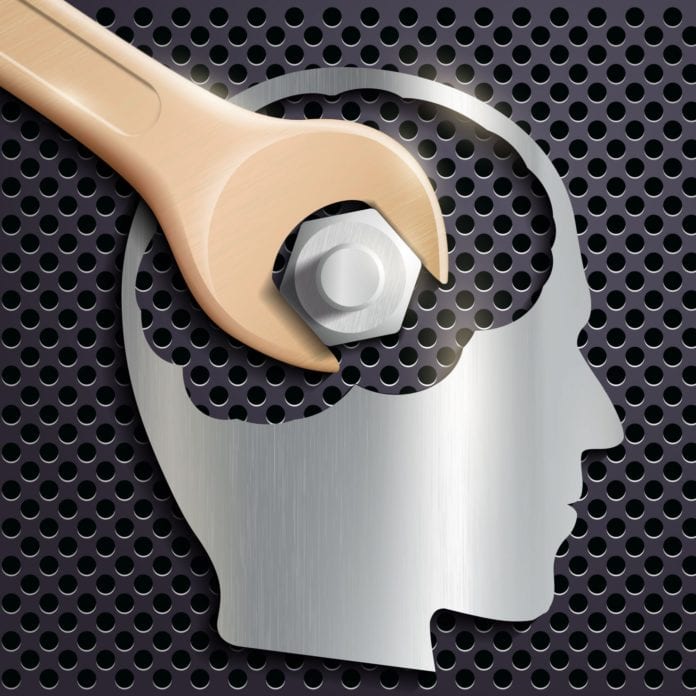Radio frequency test engineers can be found in both manufacturing environments and in development teams for advanced RF products and projects. The average salary, according to Glassdoor, is around $77,300 per year.
So what skills do employers look for in their RF test engineers?
The most common degree requested by companies is a bachelor of science degree in electrical engineering, although frequently employers also will accept computer engineering or another technical field such as mathematics, computer science or physics.
In addition, some employers – particularly defense contractors – ask that prospective job hunters have, or be eligible for, security clearances.
The top five skills for RF test engineers include:
- RF knowledge
Entry level applicants may be able to just have knowledge of RF fundamentals, but most positions want prospective hires to have detailed knowledge of cellular and/or Wi-Fi technologies, including how to measure and characterize various types of spectrum.
- Experience with test instrumentation
Since the job focuses on RF testing, being comfortable with and understanding RF test equipment is a crucial part of the job. Equipment that RF test engineers frequently work with includes spectrum analyzers, signal generators, vector network analyzers, power supplies, power meters, battery emulators and pulse generators. Employers typically want to see employees with experience in set-up of test equipment, including understanding of the impact of cabling and familiarity with de-bugging.
- Data analysis skills
RF test engineers don’t just generate data, they need to be able to analyze it to create reports, troubleshoot and have a deep understanding of the test data to communicate with others. So familiarity with data analytics, databases, measurement uncertainty concepts and calculations, correlation analysis and process capability statistical analysis are often skills that employers want to see – along with a general analytical and problem solving mindset.
- Software and scripting skills
Knowledge of C/C++ scripting, familiarity with the MatLab and LabView software platforms and other software skills such as Python. RF test engineers are often responsible for test plan development and scripting as part of technical test engineering support.
- Communication skills
RF test engineers need to be able to have good written and verbal skills for communicating with their own team as well as other parts of their employers’ business – often, that includes the ability to communicate highly technical concepts to others without a technical background.
Image copyright: vantuz / 123RF Stock Photo

